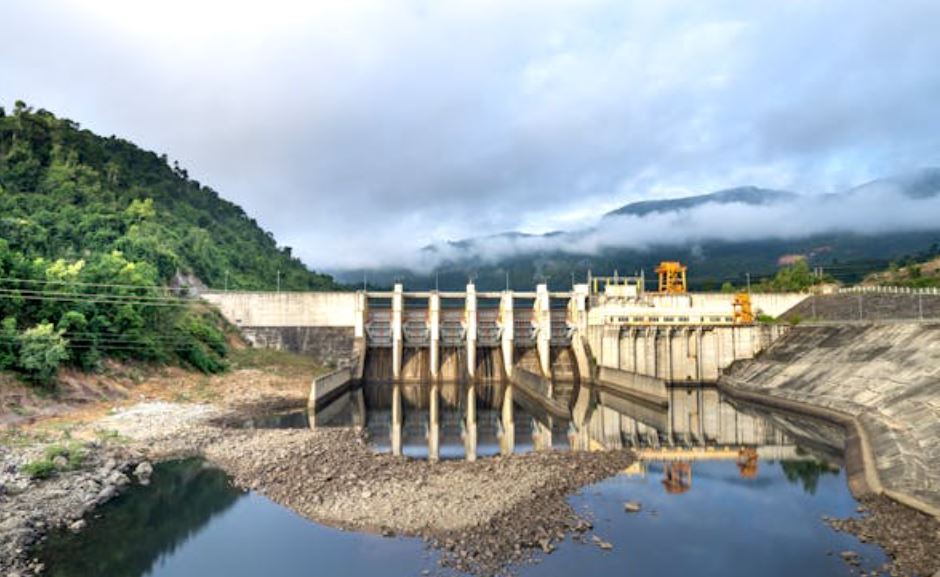Synopsis: The world’s reliance on hydropower, a seemingly reliable renewable energy source, is facing unprecedented challenges due to climate change and evolving priorities. This article delves into the factors contributing to the decline in hydropower productivity and the implications for the global energy landscape.
Hydropower’s Decline: A Troubling Trend
Hydropower, once a stalwart of renewable energy, is experiencing a concerning decline in productivity. While solar and wind energy have flourished, hydropower has stagnated. This stagnation is not merely a temporary setback; it reflects deeper issues stemming from climate change and shifting priorities.
Climate Change’s Impact on Hydropower
Climate change is wreaking havoc on hydropower’s potential. Rising temperatures and changing precipitation patterns are disrupting the delicate balance upon which hydropower relies. Droughts, shrinking glaciers, and reduced snow cover are diminishing the availability of freshwater, hindering hydropower generation.
Evolving Priorities: Hydropower’s Shifting Role
Beyond climate change, evolving priorities are reshaping hydropower’s role. Non-energy considerations, such as river ecology, flood management, and water supply for various sectors, are gaining prominence. This shift in focus often leads to compromises in hydropower generation, as dams are increasingly operated to serve multiple purposes.
The Need for Urgent Action
The decline in hydropower productivity raises alarm bells for the global energy transition. As the world strives to reduce carbon emissions and embrace renewable energy, hydropower’s diminishing contribution poses a significant challenge. To meet the growing demand for clean electricity, urgent action is required to address the underlying issues plaguing hydropower.
Navigating the Future of Hydropower
The future of hydropower hinges on finding innovative solutions to overcome the challenges it faces. Investing in research and development to enhance hydropower efficiency, exploring alternative hydropower technologies, and implementing sustainable water management practices are crucial steps in revitalizing this vital energy source.

Sunil Garnayak is an expert in Indian news with extensive knowledge of the nation’s political, social, and economic landscape and international relations. With years of experience in journalism, Sunil delivers in-depth analysis and accurate reporting that keeps readers informed about the latest developments in India. His commitment to factual accuracy and nuanced storytelling ensures that his articles provide valuable insights into the country’s most pressing issues.



